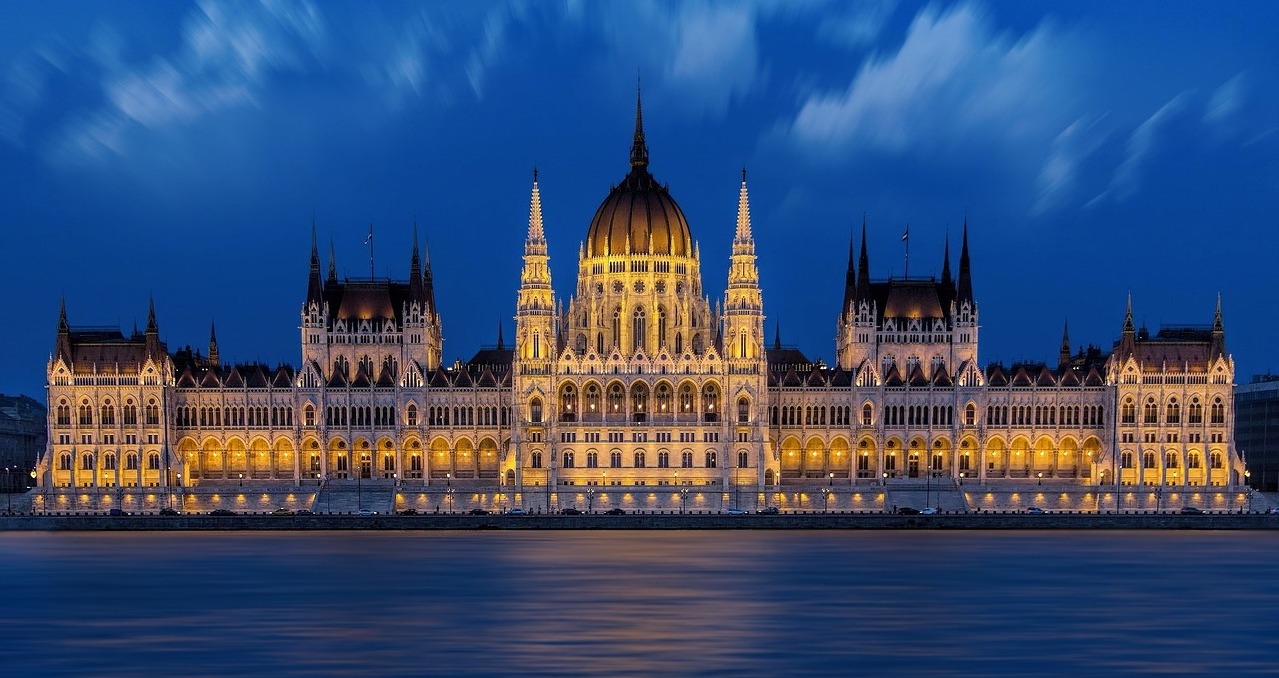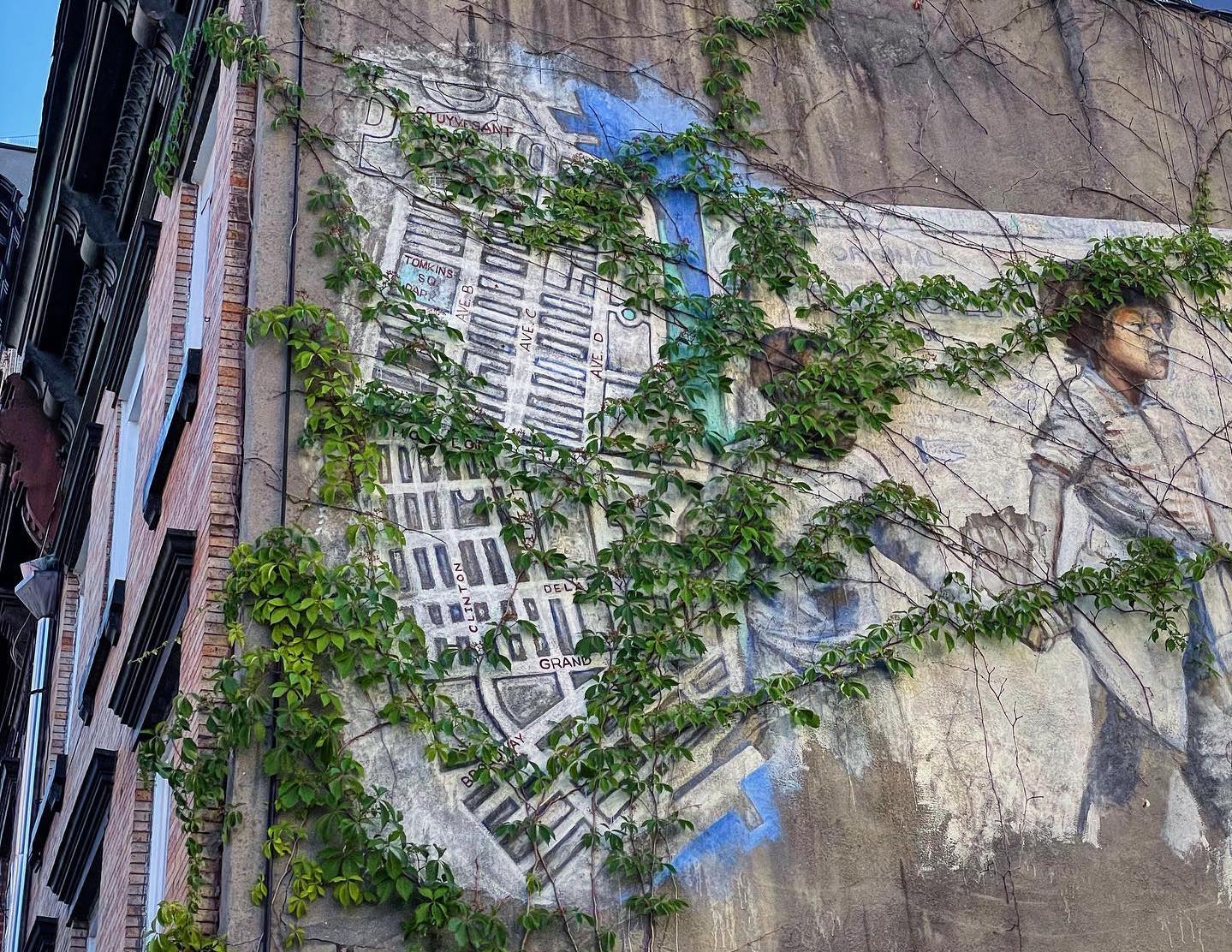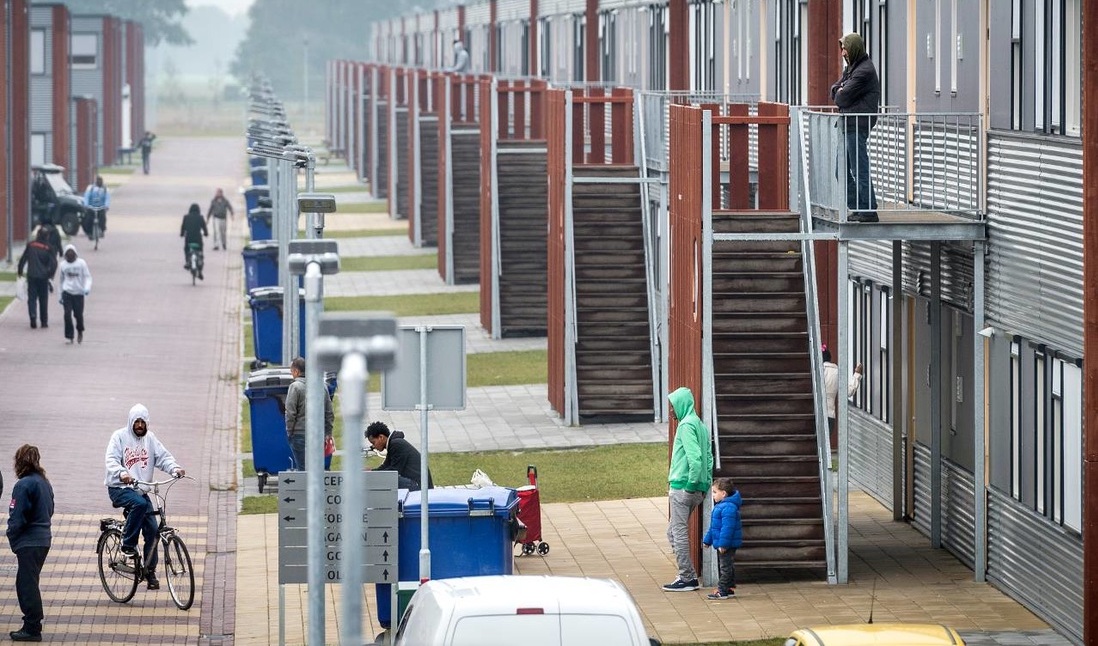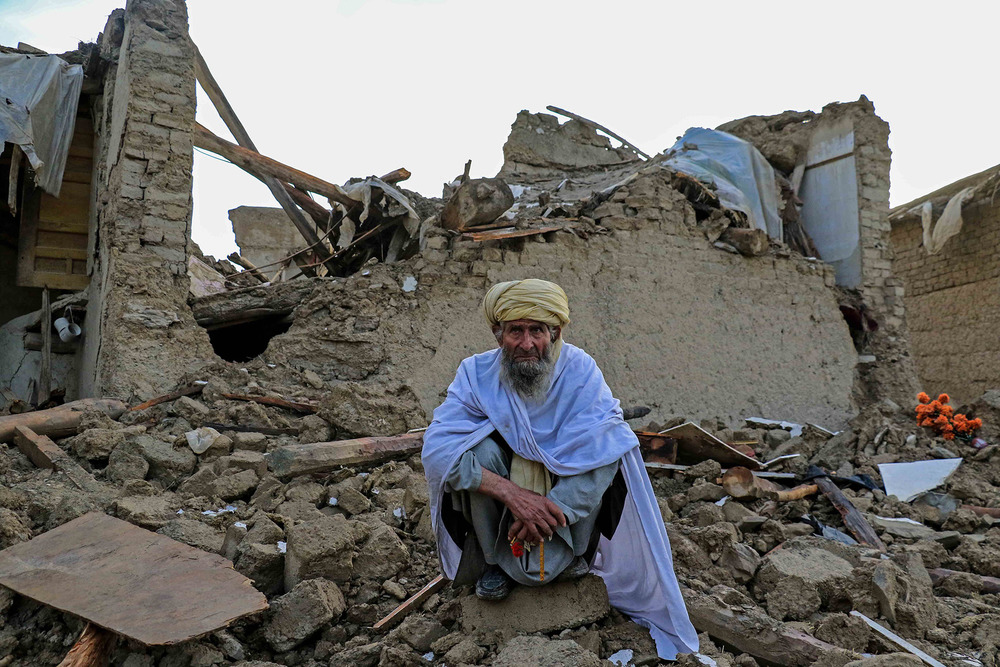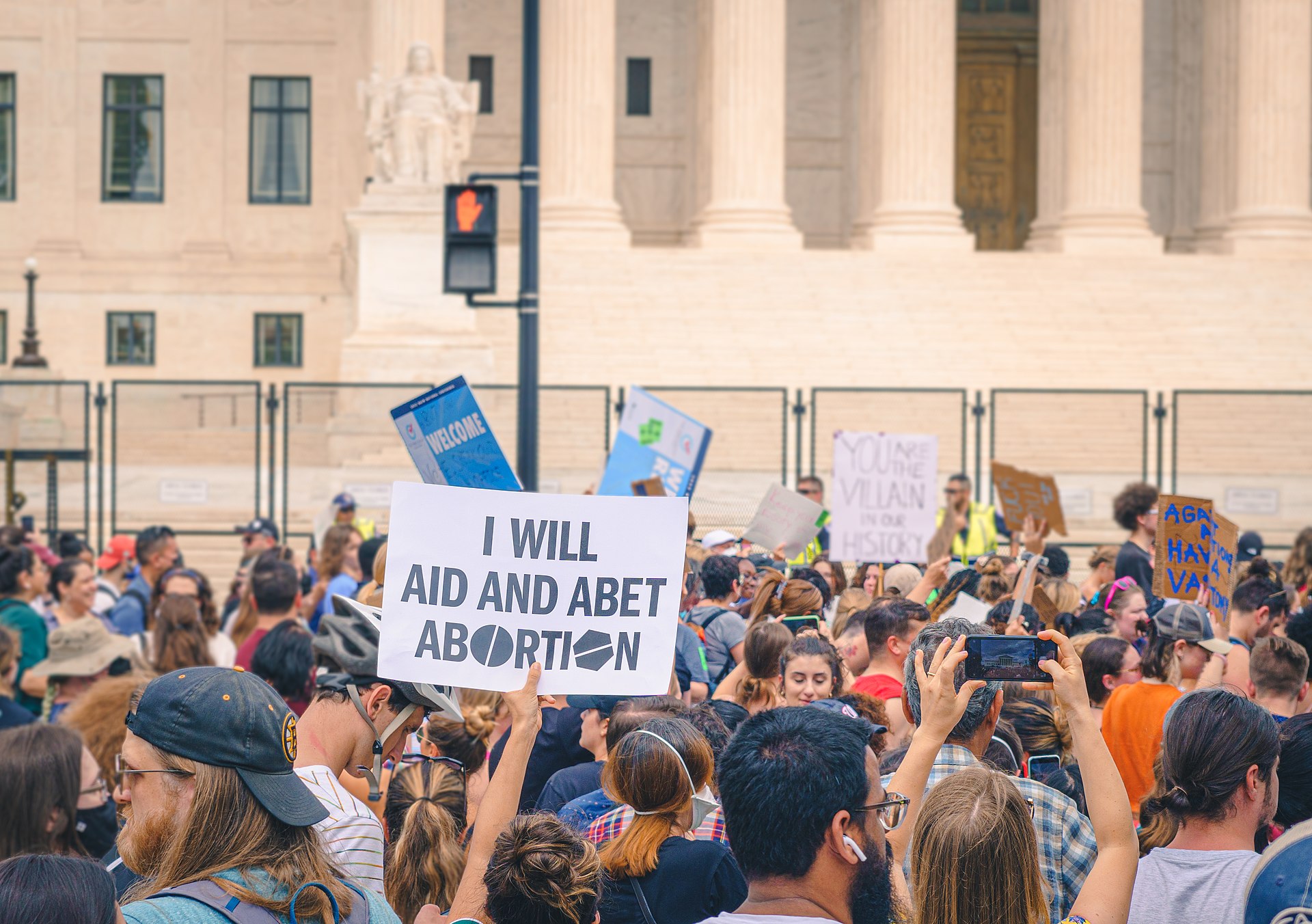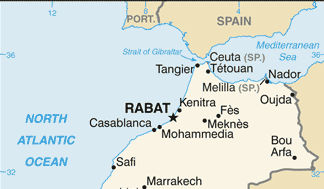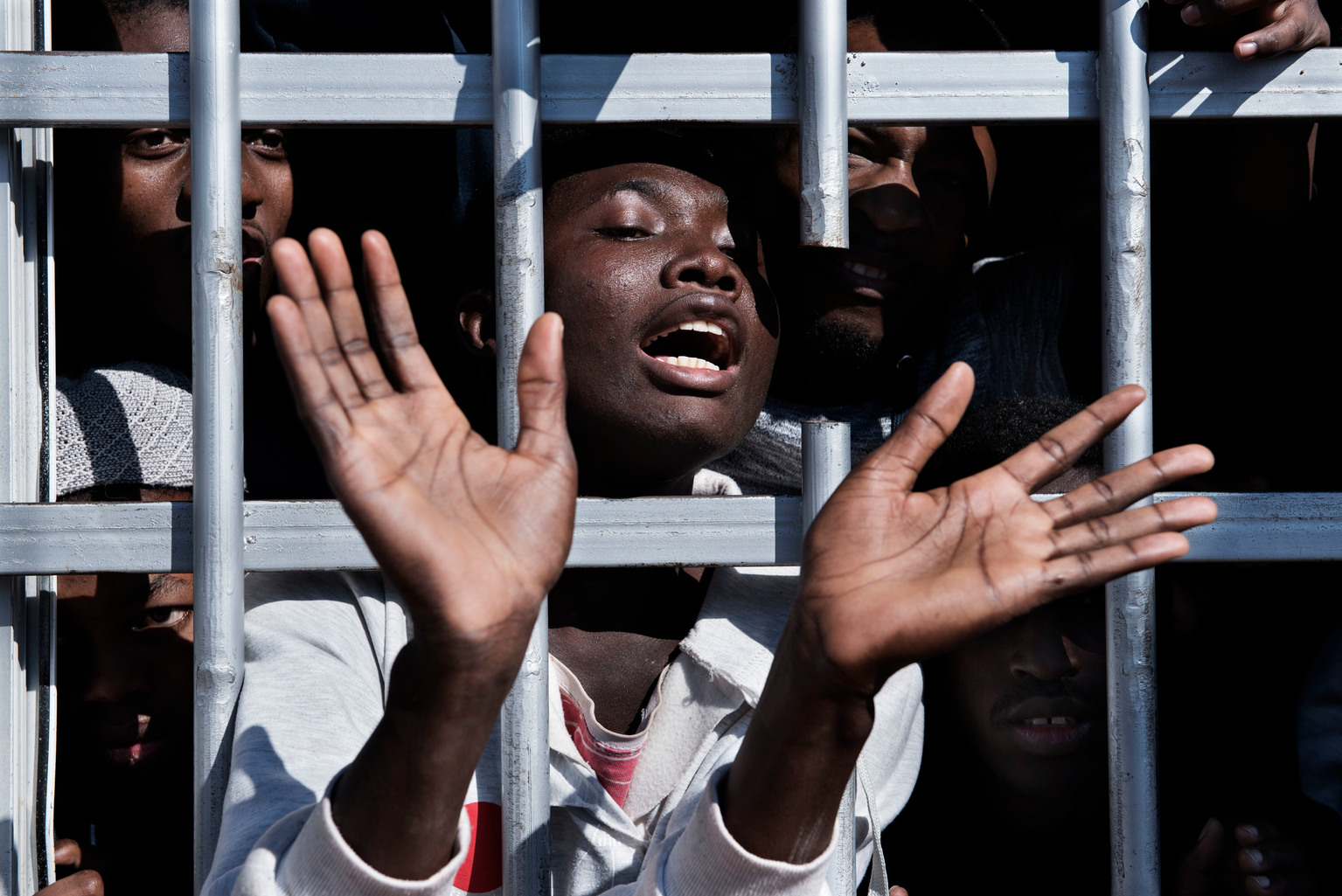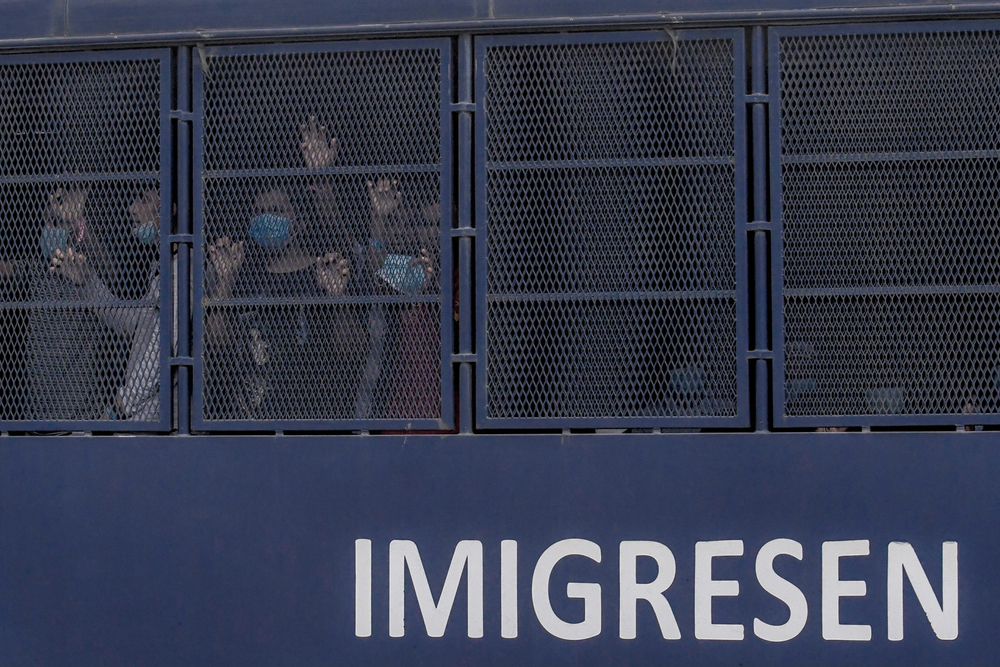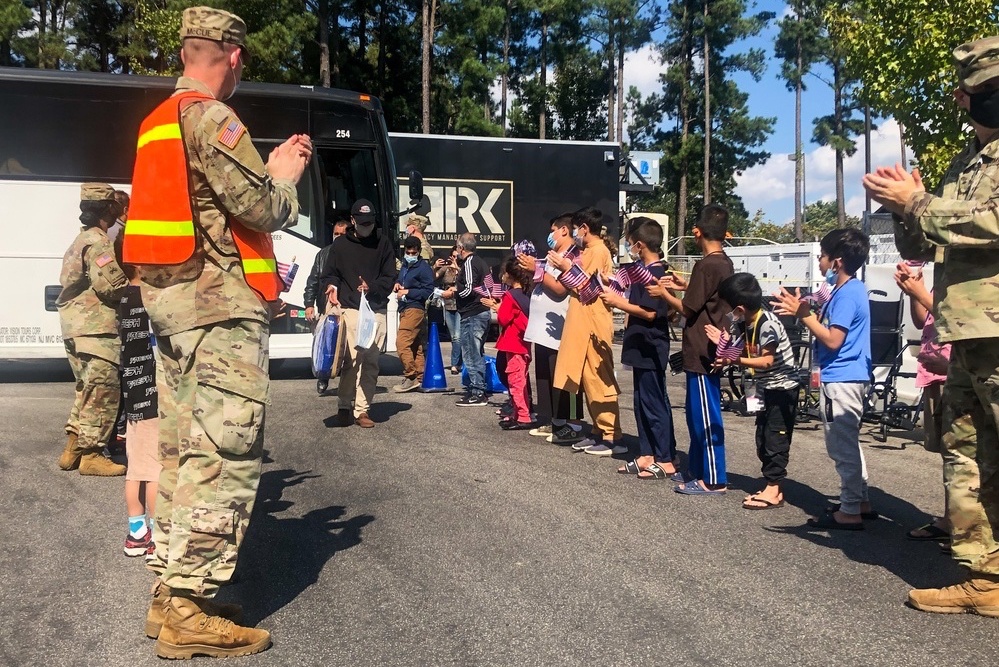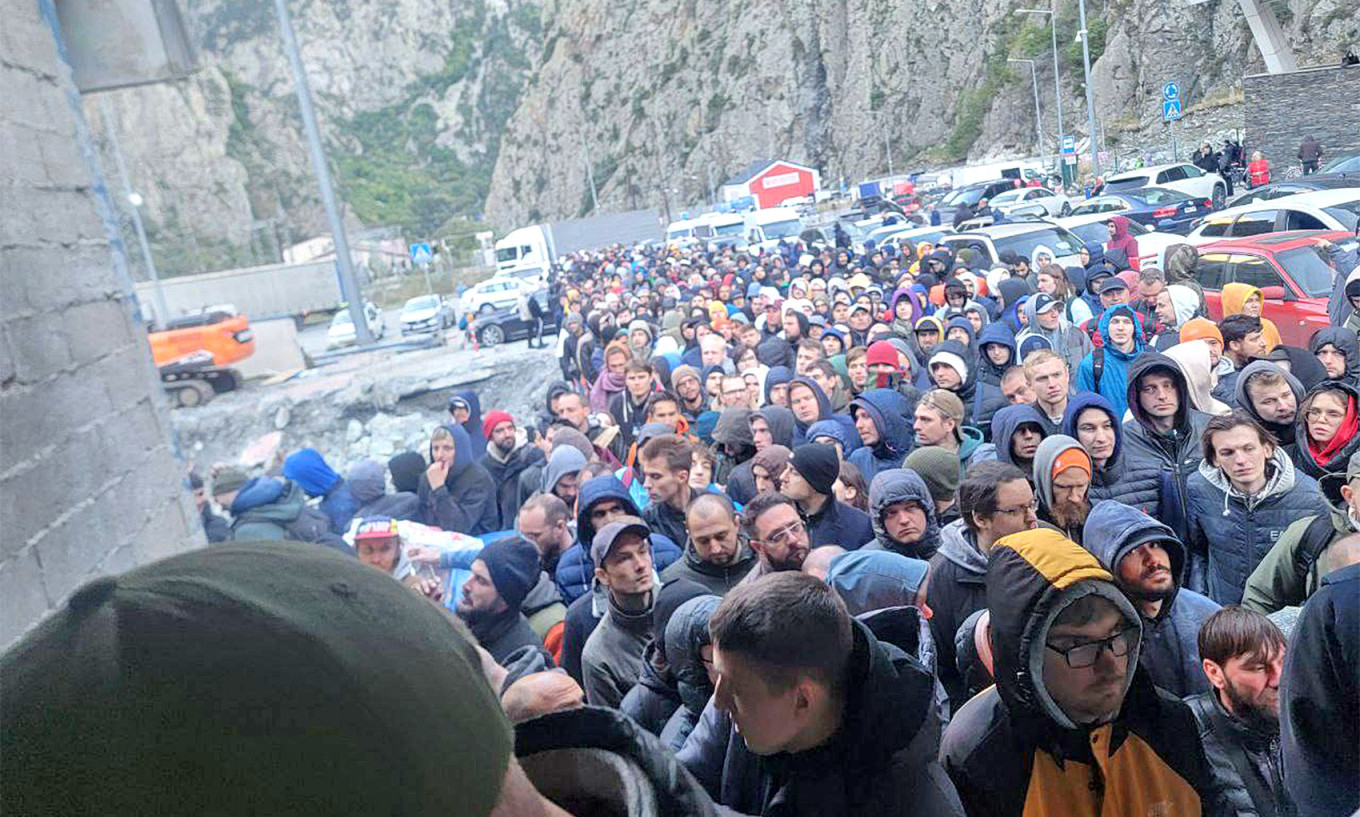
Mass exodus of Russian youth
Tens of thousands of conscription-age Russian men have fled to neighboring countries since Vladimir Putin announced a mobilization of military reserve troops to fight in Ukraine. The tide has grown in recent days amid fears that the Kremlin will impose an exit ban. The sense of a closing window has led to chaotic scenes on Russia’s land borders with Georgia, Kazakhstan and Mongolia—countries that do not require a visa for visiting Russians. But Poland, Finland and the Baltic states have stopped issuing visas for Russians entirely. Among European Union countries, only Germany is offering refuge to Russians seeking to escape the war. Anti-war groups including War Resisters International, International Fellowship of Reconciliation and the European Bureau for Conscientious Objection have issued a petition calling on EU leaders to extend asylum for deserters and objectors to military service from Russia, Belarus and Ukraine. (Photo: Verhniy Lars via Moscow Times)



